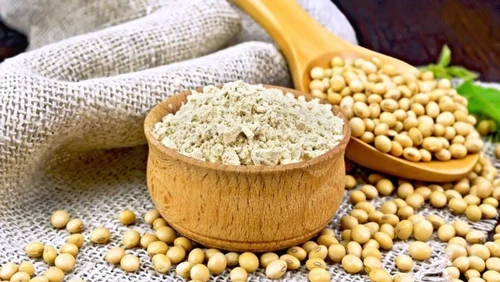Saturday, 31 January 2026

India, currently self-sufficient in protein-rich animal feed, could increasingly rely on imports of U.S. soybean meal to meet the rapidly expanding demand from its poultry sector. Ongoing trade negotiations with the United States are expected to pave the way for these imports, as U.S. farmers face reduced sales following China’s halt in purchases.
The focus is on soybean meal rather than whole soybeans. Unlike GM soybeans, soybean meal is non-GMO and non-viable, and its import for livestock feed is already permitted under regulated quotas at authorized ports. India has previously imported the product, and the framework for controlled imports is well established.
Domestic production is currently supported by Distillers Dried Grains with Solubles (DDGS), a protein-rich byproduct of rice-based ethanol production. Approximately 5.2 million tons of rice have been diverted for ethanol, producing DDGS that supplements or replaces soybean meal.
However, the rapid growth of India’s poultry sector, combined with supply constraints in corn, could create a future gap between demand and domestic feed production. Policymakers continue to evaluate import quotas to ensure sufficient protein feed for livestock while balancing domestic production priorities.